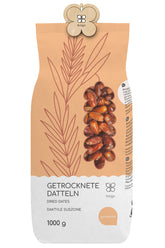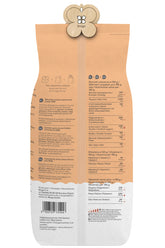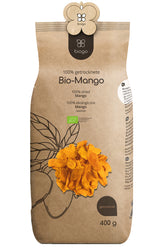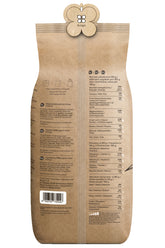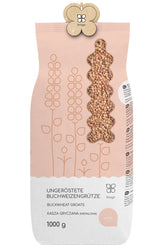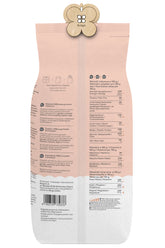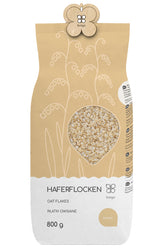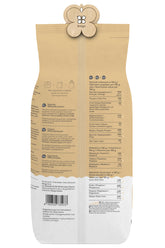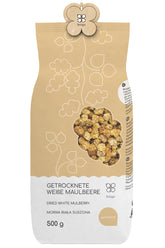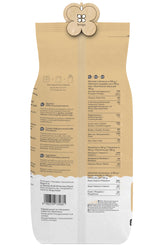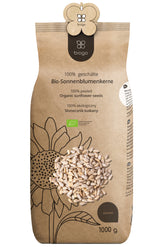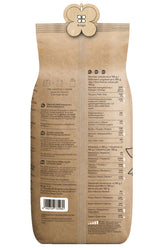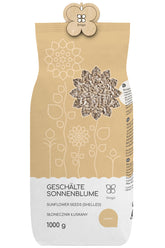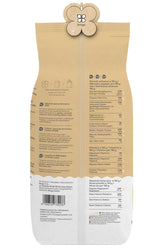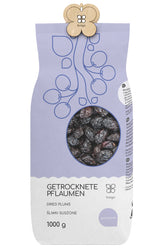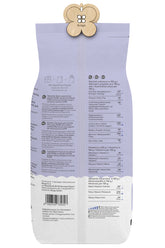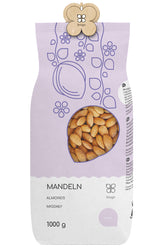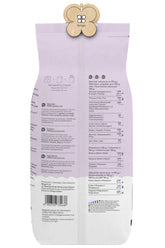Herbal teas have a long tradition in naturopathy and remain very popular today. Whether for digestive problems, colds, or stress – the healing power of nature can support us in many ways. In this blog post, you will learn which herbal teas can be particularly helpful for which ailments and how to find the right blend for you.
Basics of herbal teas
Herbal teas are infusions made from dried leaves, flowers, roots, or seeds of various medicinal plants. These contain valuable secondary plant compounds such as essential oils, bitter substances, or tannins, which are naturally supplied to the body.
Depending on their composition, herbal teas can have different effects: They can be calming, anti-inflammatory, antispasmodic, or stimulating. As a result, they can be used supportively for many ailments.
Medicinal herbs and their effects
Among the most well-known medicinal herbs are, among others:
- Chamomile: anti-inflammatory, antispasmodic, calming
- Ginger: circulation-promoting, digestive-stimulating, antispasmodic
- Peppermint: antispasmodic, anti-inflammatory, cooling
- Lemon balm: calming, anxiolytic, sleep-promoting
- Fennel: digestive, carminative, antispasmodic
Depending on the combination of herbs, teas can thus be specifically tailored to certain ailments.
Digestive tea: Solutions for gastrointestinal problems
One of the most common reasons for reaching for herbal teas is digestive issues such as bloating, fullness, or heartburn. Here, special blends can work wonders.
Teas with fennel, caraway, and anise, for example, have proven effective. These herbs are antispasmodic, carminative, and digestive. Ginger, peppermint, or chamomile can also support digestion.
For sensitive stomachs, teas with calming herbs such as lemon balm, lavender, or valerian are also suitable. They have a relaxing effect on the digestive tract and alleviate discomfort.
Recipe for a digestive tea
A good blend for a digestive tea could look like this, for example:
- 2 parts fennel
- 1 part caraway
- 1 part anise
- 1 part ginger
- 1 part peppermint
The herbs are steeped together in boiling water for 5-10 minutes. Afterwards, the tea can be refined with a little honey or lemon as desired.
Herbal Teas for Various Complaints
In addition to digestive problems, herbal teas can also be helpful for other complaints:
Colds and Immune System
Herbs like thyme, elderberry, or plantain have antibacterial and expectorant effects. They can alleviate cold symptoms and strengthen the immune system.
Stress and Sleep Problems
Calming herbs like valerian, hops, or lavender can support with stress, tension, and sleep disorders. They have a relaxing and sleep-promoting effect.
Women-Specific Complaints
For menstrual complaints, menopausal symptoms, or bladder infections, teas with antispasmodic, anti-inflammatory, and diuretic herbs such as yarrow, nettle, or birch leaves are suitable.
Proper Preparation and Dosage
For herbal teas to develop their full effect, careful preparation is important. The herbs should ideally steep in boiling water for 5-10 minutes so that the valuable ingredients are optimally extracted.
Dosage also plays a role: Generally, herbal teas should be consumed in moderate amounts - about 1-2 cups per day. For acute complaints, the dose can be slightly increased, but for longer use, one should pay attention to a balanced blend.
Conclusion
Herbal teas are a valuable natural remedy that can support us with many ailments. Through the targeted selection of the right herbs, digestive problems, colds, stress, and other complaints can be gently alleviated.
It's important that you familiarize yourself with the effects of individual medicinal herbs and then find the right blend for you. Try different recipes and pay attention to your individual reactions. This way, you can benefit long-term from the advantages of herbal teas and support your health naturally.

